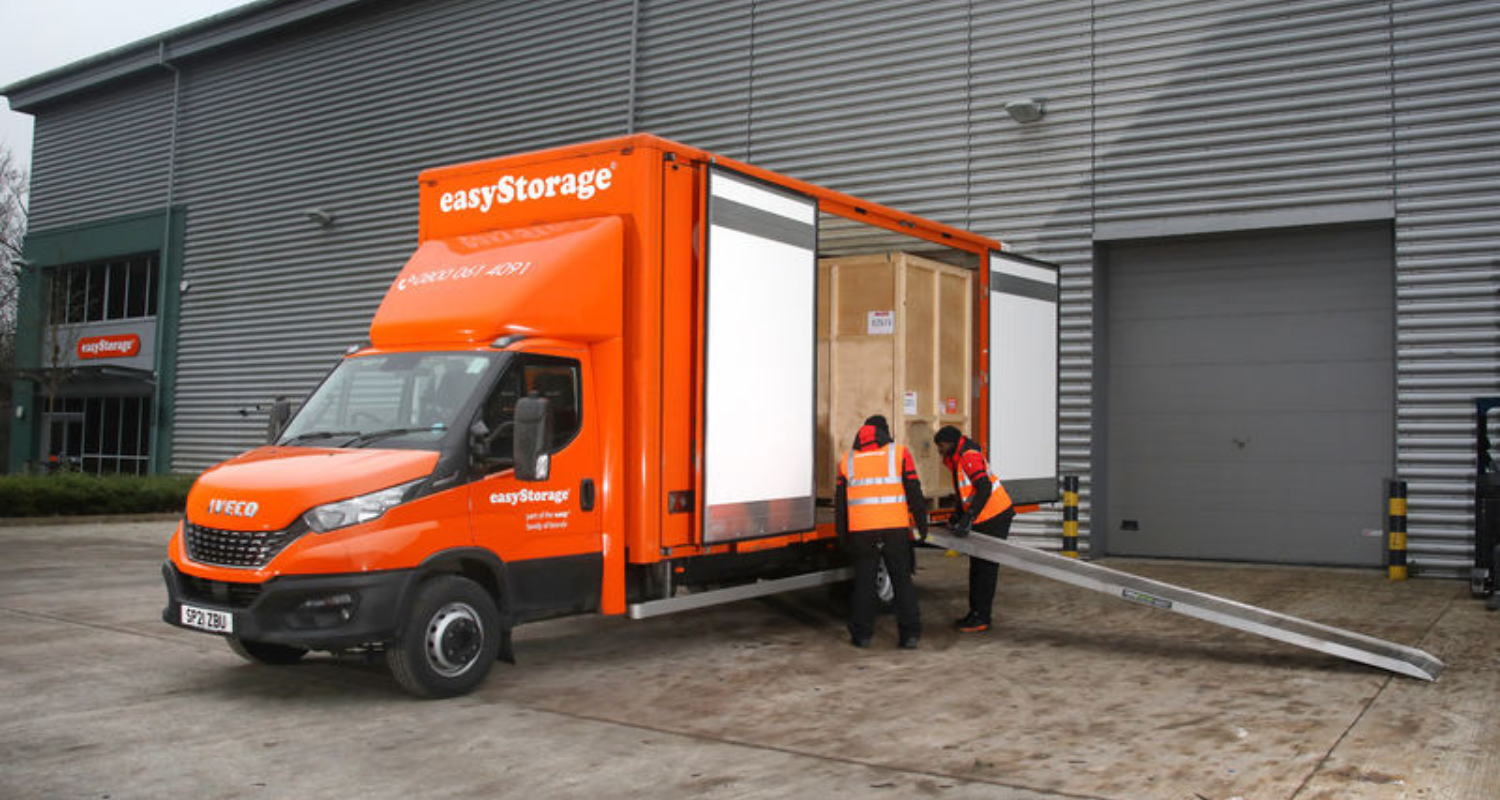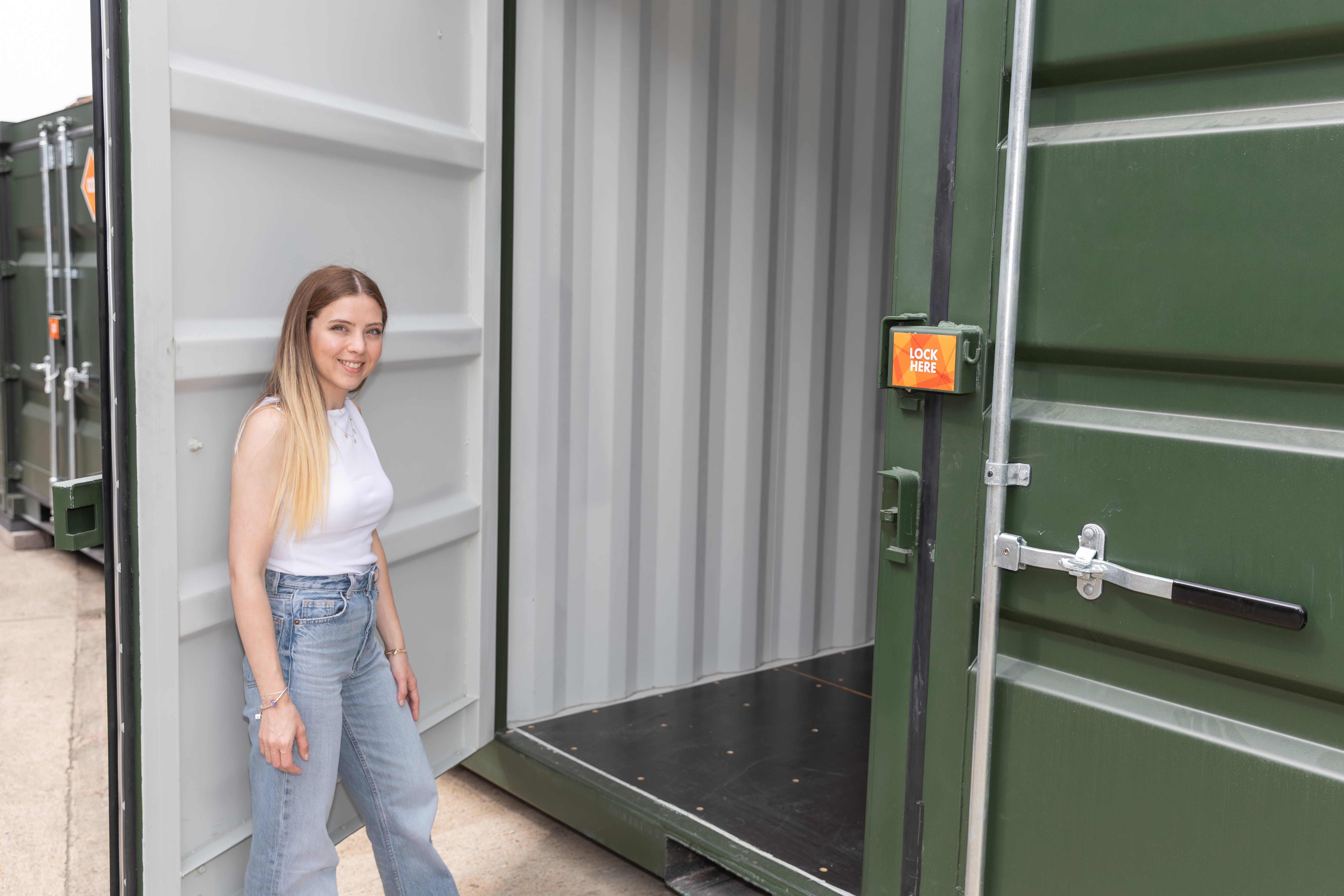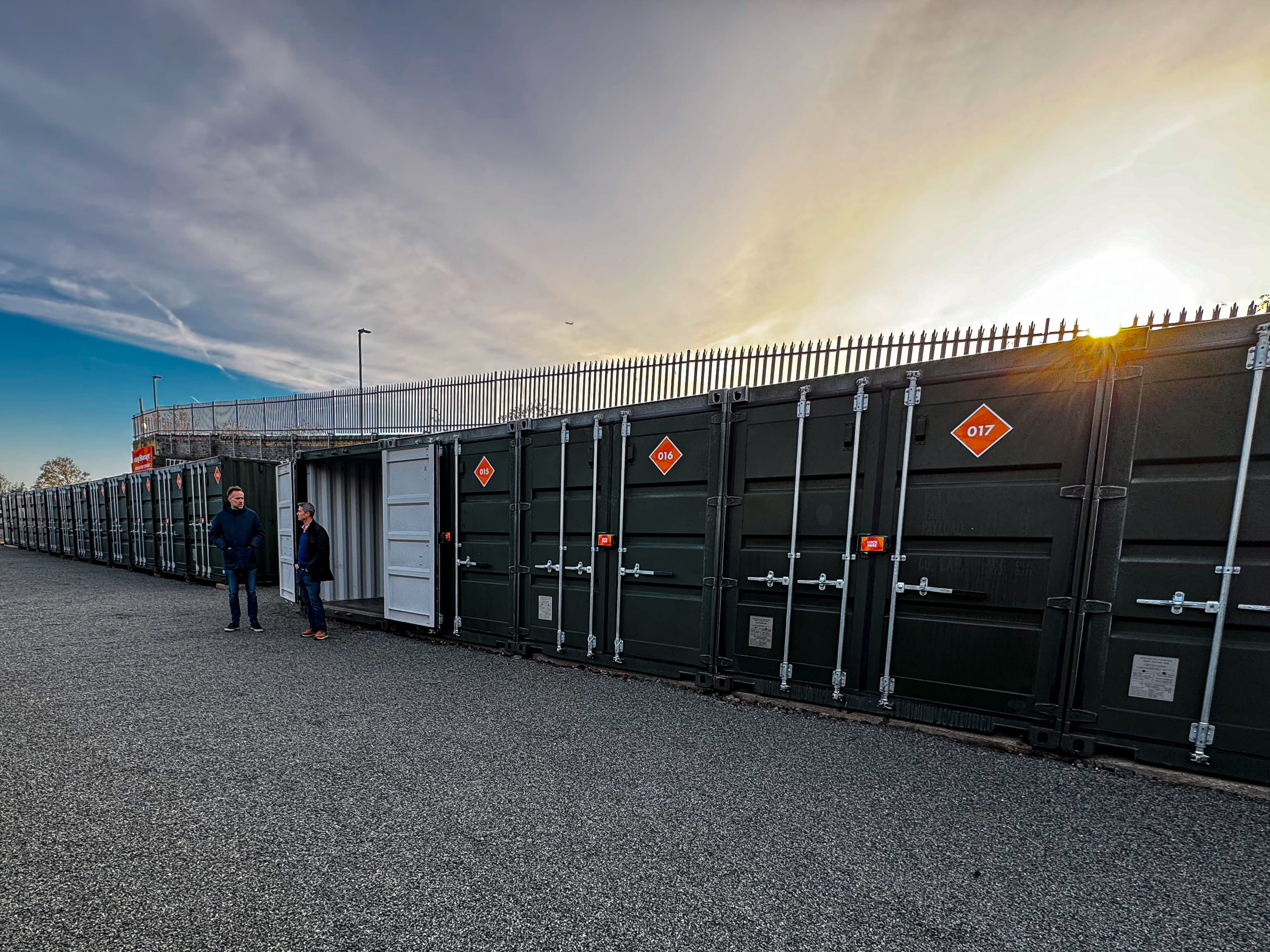The Hottest Trend: Is Hot Desking Right For Your Office?
On the back of increasing costs and increased willingness to allow people to work from home, companies are looking hard at how their office spaces are organised. As companies are trending back towards city centres and denser urban spaces, they are looking for ways to keep a tight cap on costs.
Ever more people are blending a mix of working in the office and working from home. Consequently, one trend which seems increasingly popular is hot desking. It has other names – hoteling or free-address, for example – and works on the principle of employees using an available bank of desks, rather than one dedicated desk per employee.
It’s counterpart, ‘agile working’ takes flexibility a step further and allows employees to choose when to work from home and when in the office from a choice of traditional desk, standing desk or break out area.
On the face of it, this trend makes sense. Research by Australian real estate services company JLL shows that on any one day, more than 40% of office work space is empty. It’s not a big leap to imagine that this is the case in both the UK and US as well.
Advances in technology have contributed to the trend, with improved connectivity meaning that workers are no longer tethered to their desks to work. They can work from anywhere – including other spaces in the office or other places altogether.
Many research articles show that flexible working can improve the retention of high performers and improve employee engagement. The notion that more workplace flexibility will lead to happier employees is a popular one, but, as always, there are considerations.
Part and parcel of the hot desking trend, ‘activity-based working’, is enabled by the flexible working trend, with organisations providing specific spaces designed to meet the needs of specific types of tasks rather than departmental/desk spaces. The office instead might typically include booths for making calls without disturbing others, collaborative working spaces, meeting spaces and spaces that specifically enable audio visual calls with others who aren’t in the office.
So far, so good, but some employees value their own, fixed space, with their own, personal possessions left there for when they’re in the office. There are ways to manage this, from involving employees in choosing what they really need, to the gradual introduction of changes.
And not every staff member needs to hot desk. Many sales and consultancy teams have hot desked for years, but employees who spend upward of 80% of their time at their desk should ideally be able to keep a fixed space. The benefits of them having a fixed space, as well as the benefits to others of knowing where to find them, are great. Always erring on the side of having more desks than needed available is a good way to start.
If moving toward activity-based working as part of the move to hotdesking, it’s important to consider workers’ real needs, like being able to quickly and easily take private calls, for example.

Some of the solutions include:
· Cafes and open plan kitchen spaces encourage people to get to know others.
· A huddle room, which is a trendy term for a small space in an office that’s designed for impromptu chats and meetings and for connecting with remote co-workers – a ‘breakout’ space. More relaxed than conference rooms or boardrooms, huddle rooms are good for impromptu or one-to-one meetings, which might previously have happened either side of a fixed desk.
· Touchdown spaces are areas with soft seating – they serve as a great place to stop temporarily between tasks or to hold relaxed conversations.
· Whiteboarding rooms, brainstorming rooms and teleconferencing spaces can inspire and make other kinds of collaborating more the norm
Many companies are creating ‘neighbourhoods’ (what might before have been called departments!). By giving a certain amount of desks to teams to work at, the teams can always be sat with people they know and are familiar with, and, importantly, need to work with.
And then there’s the ‘stuff’ – the things that, as individuals we like to keep close. This might be personal mouse mats, mugs, a cheeky biscuit supply, stationery or personal photos or pen holders, to say nothing of any files. People need space to store these things, so banks of lockers, near their own ‘neighbourhood’ makes sense. And with more people milling between spaces, being able to lock away valuables may prove desirable.
In old fashioned offices, it’s easy to know where such and such a team is – they have a separate department or office. That’s fairly reassuring to people when they turn up to work, so when considering radical changes, companies need to make sure that from the moment employees arrive at work they know where to go, how to find a desk, and where to find anyone else they need.
Some companies, consequently, allow people to book desks or specific spaces in advance, whilst others like things fluid. What is important is that individuals don’t feel excluded by the changes, with particular care due to reserved personality types and diversity.
Other considerations include COVID and other transferable diseases – supplying sanitising wipes becomes important. Standardised technology becomes desirable or places specifically for those with greater technology needs. (Marketing/design and IT folk with often have special needs regarding screens and computer power, for example.) Training regarding data and privacy, even new technology and processes, becomes twice as important when people are using shared workstations.
Tips for success:
· Try a pilot on one part of the company, perhaps one floor of the building, and listen to their feedback.
· Communicate excitement: people are unlikely to get excited by the company saving money. Having more work flexibility, a new kitchen, even breakfast snacks brought in daily or a café space to work in may, by contrast, hit the spot!
· Ask for regular feedback. How can the setup be improved?
· How can people ‘personalise’ their work space?
The benefits of hot desking include:
· Facilitating flexible working.
· Enabling more collaboration.
· Financial benefits for the company.
· Tidy desks – staff need to be well organised and tidier (and consequently desks are easier to clean).

Considerations before implementing
· Every business is different so different approaches work better for different organisations.
· Any kind of remote or flexible working needs strong management and new management skills.
· Team building has some limitations as the teams have less contact.
· Bullying and exclusion can inadvertently be facilitated.
· Technology issues may arise due to different people needing different things (and sometimes breaking things without reporting).
· If it’s not easy to find a desk, people won’t start work on time, or may avoid coming in at all.
How self storage can help
Reorganising an office for hot desking, or trying to save space and avoid it, means considerable upheaval. Furniture will be being moved or replaced, and both existing desks and new furniture need introducing as part of an overall plan.
Taking things out of the way to allow the placement of new technology, replacement of carpet, building of booths or whatever is deemed necessary, can mean that work is done more quickly and efficiently.
And at trial phase you really don’t want to be disposing of furniture that you may need if you decide to put it all back.
The same applies to other things that you want to remove as it won’t be needed under the new plan – like a formal boardroom table, for example.
.png)
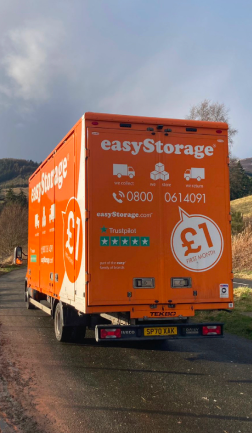
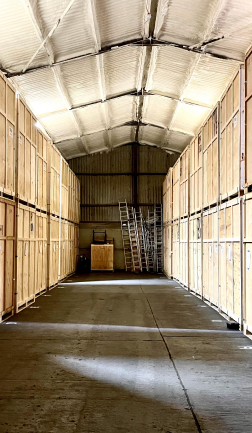
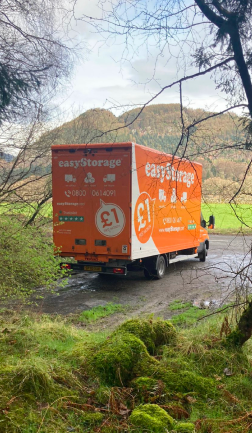
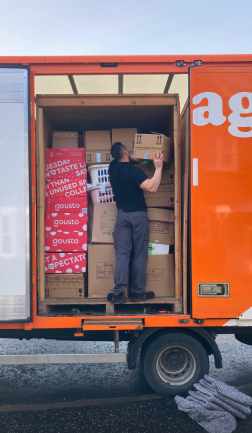
.png)


